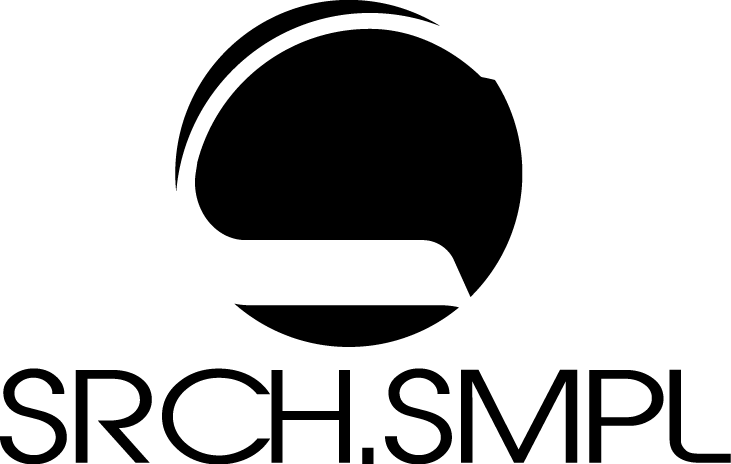
media
African ICT report: Africa ConX Infrastructure 2020~ PDF - 2.5 Mb
SRCH.SMPL: Remote Search PDF - 310 Kb
Report | eWallets | South-East Asia | Search Simple
Search Simple - How Video Games Can Get You A Job
Search Simple - The Game Wave
Check our recent article & follow Search Simple LLC @ https://lnkd.in/gk-cD_a
SEARCH SIMPLE - Cheat Sheet PDF - 167 Kb
REG | TECH | JOBS - Industry Map / PDF - 171Kb
SEARCH SIMPLE - Strategy template PDF - 120 Kb
REG | TECH | JOBS - 2017 Survey / PDF - 120 Kb
REG | TECH | JOBS - 2017 Forecast / PDF - 100Kb
Search Simple LLC 2016 Projects overview / PDF - 120 Kb
SEARCH SIMPLE LLC
Search Simple LLC (Co Reg No. 2900-03-006109) / Japan Recruitment License number: SRCH.SMPL G.K 46-ユー300196
we simplify complex searches
Graphic Design & Web development : IT&IP Japan / Logo Design : Megaceet